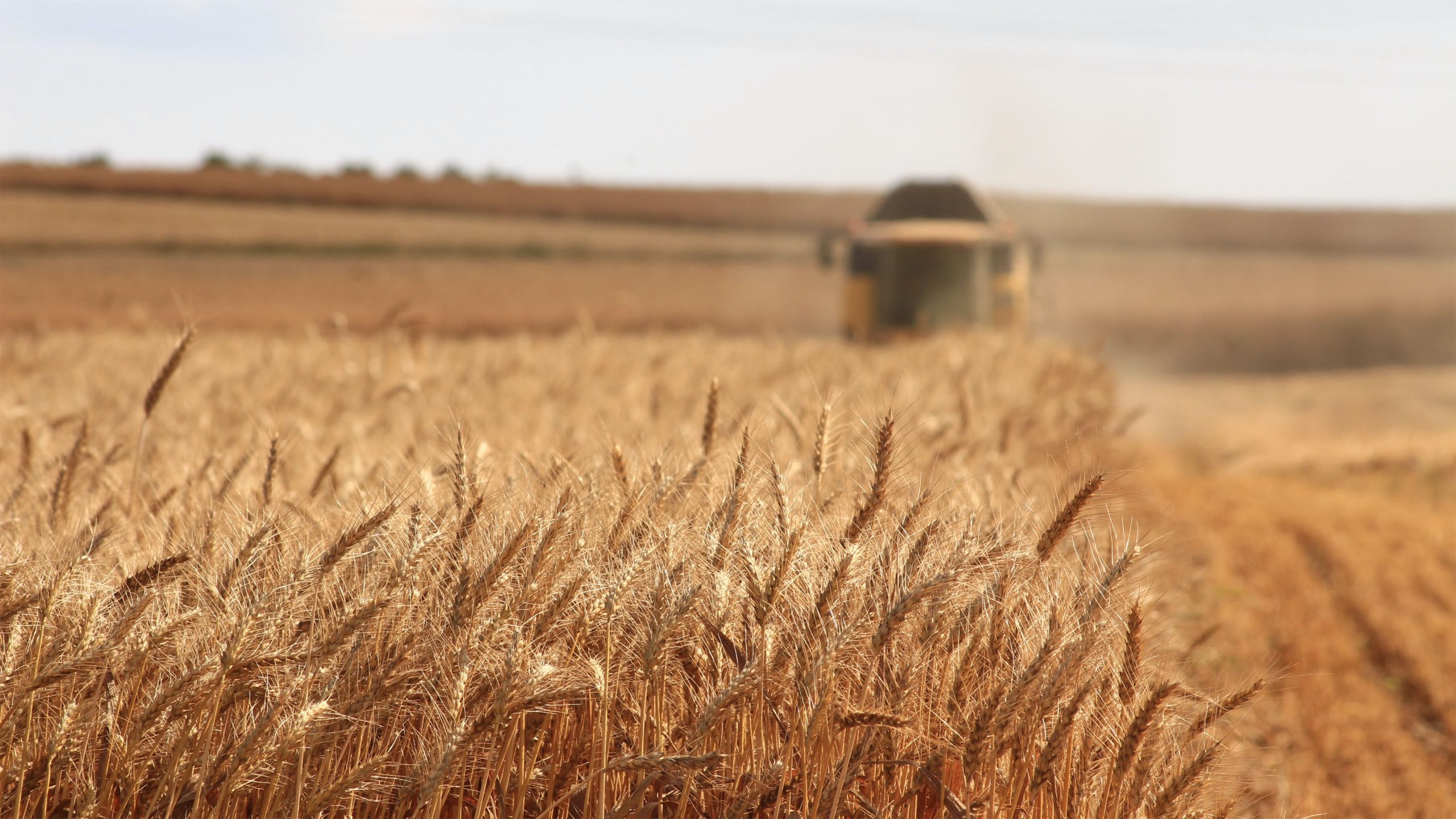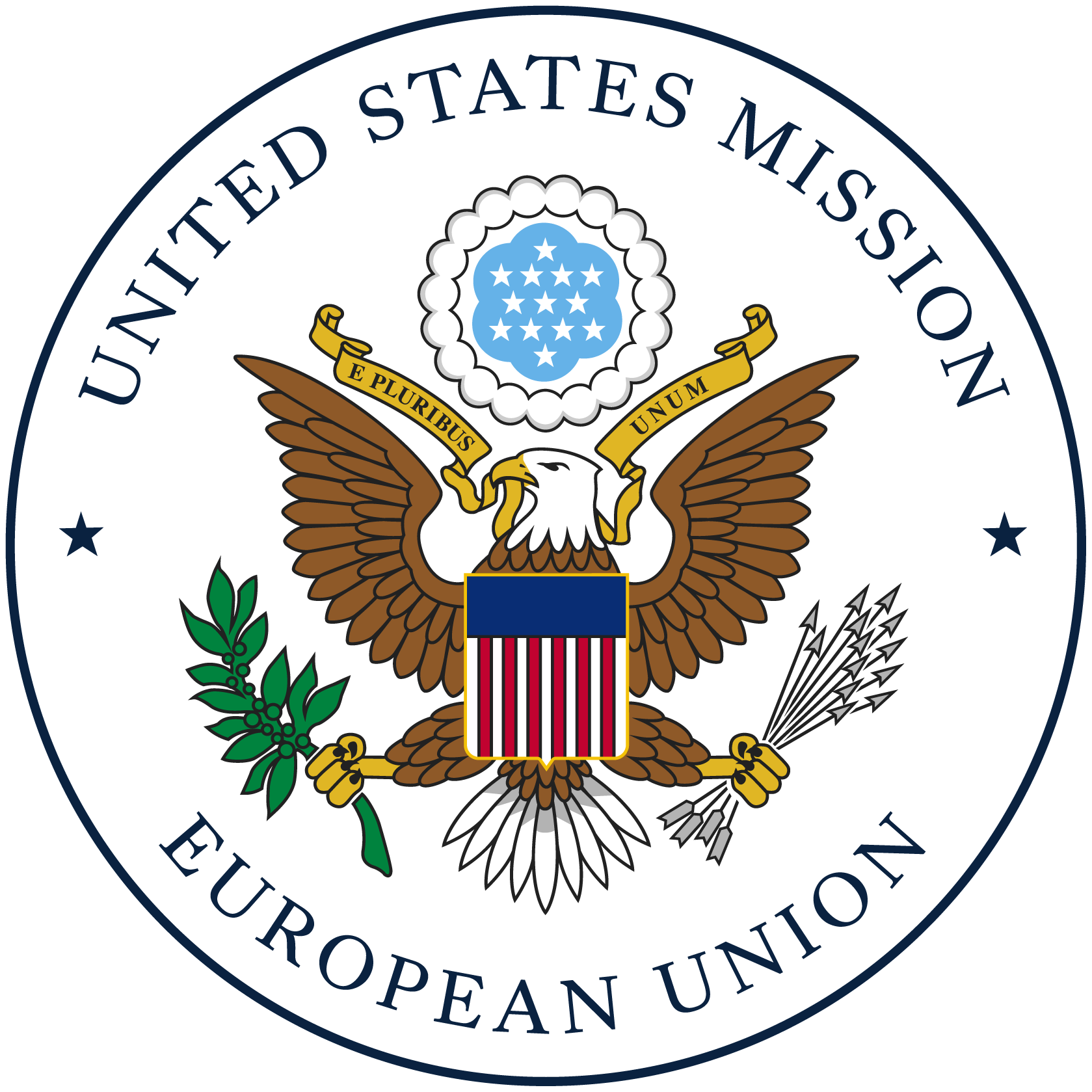Who are the Key Players in EU Decision-making?
European Commission
The European Commission is the “guardian of the Treaties” and the EU’s executive organ. The Commission drafts proposals for new EU laws and presents them to the Council and European Parliament. It manages the day-to-day business of implementing common policies such as the Common Agricultural Policy (CAP) and the administration of the EU budget. The Commission also ensures that Member States act in accordance with the provisions of the Treaties and EU laws. The Commission is composed of 28 Commissioners, one from each Member State, and is appointed for a period of five years.
The Commission is divided into several “Directorates-General” (DGs) and services. Agricultural, food safety, trade and environmental issues are dealt with by DG Agriculture and Rural Development (AGRI), DG Health and Food Safety (SANTE), DG Trade (TRADE) and DG Environment (ENV). The complete list of the Commission’s DGs and services can be consulted at http://ec.europa.eu/about/ds_en.htm.
- European Commission website: http://ec.europa.eu/index_en.htm
- European Commission 2018 Work Program
Council of the European Union
The Council of the European Union, also known as the Council of Ministers, defends the interests of the Member States. The Council Presidency rotates between the Member States every six months. The Council shares with the European Parliament the responsibility for passing EU laws. The Council and European Parliament also share the authority for approving the EU’s annual budget and the multi-annual financial programming. The Council consists of ministers from the Member States’ national governments. Council meetings are attended by the ministers responsible for the items on the agenda. There are 10 “sectoral” Councils: “General Affairs”, “Foreign Affairs”, “Economic and Financial Affairs”, “Justice and Home Affairs”, “Transport, Telecommunications and Energy”, “Agriculture and Fisheries”, “Environment”, “Education, Youth, Culture and Sport”, “Employment, Social Policy, Health and Consumer Affairs” and “Competitiveness”.
The Council takes decisions by a vote of Member State Ministers by qualified najority. For a legislative proposal to be adopted the support of at least 55%f of the Member States (at least 16) representing at least 65% of the EU population is required. A blocking minority must include at least 4 Member States representing at least 35% of the EU population.
Council of the European Union website: https://www.consilium.europa.eu/en/
European Parliament
The European Parliament is directly elected every 5 years by EU citizens to represent their interests. Each Member State holds a number of seats roughly proportional to the size of its population. There are currently 751 Members of the European Parliament (MEPs). MEPs do not sit in national blocks but in EU-wide political groups. The European Parliament shares with the Council the responsibility to pass EU laws on the basis of proposals presented by the Commission. The European Parliament and Council also share the authority for approving the EU’s annual budget and the multi-annual financial programming. Most of the legislative work is done by specialized committees – such as the Agriculture and Rural Development Committee – that prepare reports that will later be voted on in plenary. The complete list of parliamentary committees can be consulted at https://www.europarl.europa.eu/committees/en/home.
The main meetings of the European Parliament known as “plenary sessions” are held in Strasbourg (France); other meetings, such as the Committee meetings, are held in Brussels (Belgium).
The European Parliament uses two voting systems: “simple majority” which means the majority of MEPs voting and “absolute majority” which means the majority of its component members (currently 376 votes out of 751).
European Parliament website: http://www.europarl.europa.eu/portal/en


